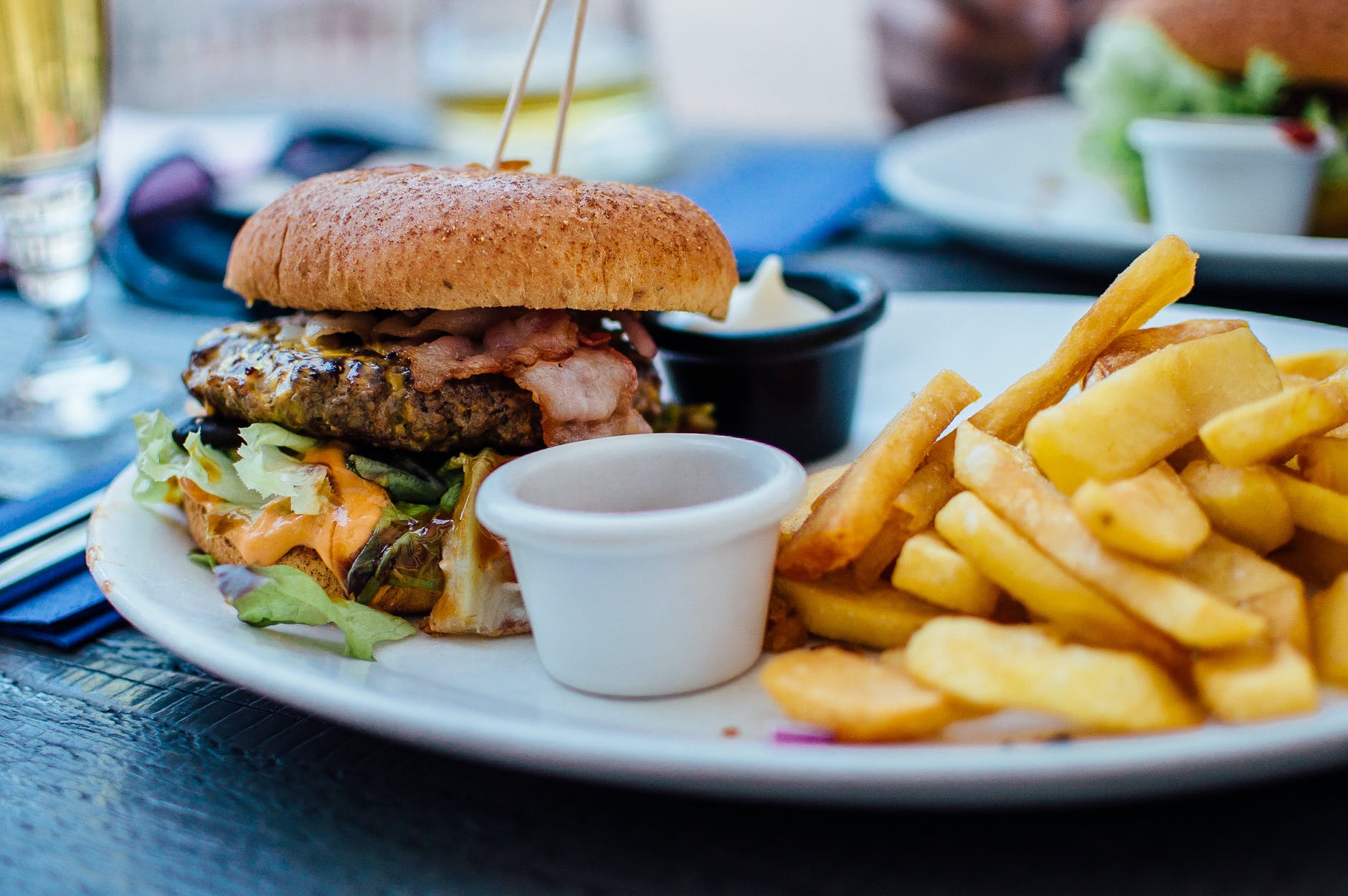
By Professor Isabelle Szmigin
Department of Marketing, University of Birmingham
The UK government is planning a ban on the advertising of so-called junk food on TV and potentially online, saying that these ads are a ticking ‘time bomb’ of obesity. And the advertising industry hates it. Of course we know that the prime minster has had an ‘on the road to Damascus’ moment following his COVID experience, but it was only a year ago he was criticising sin taxes.
The move would ban high fat, salt and sugar (HFSS) ads on TV before 9pm and there will also be a consultation for a ban on advertising confectionary and fast food online. A Cancer Research UK report found that almost half of all food ads were for HFSS products, with almost 60% shown between 6-9pm when they are most likely to be seen by children.
While the devil is clearly in the detail, for example, what would this mean for a small cheese shop (high fat and salt) advertising on a website, this is part of a strategy to focus on ‘helping people make better choices’ and includes promoting exercise through cycling and walking, hence the many photo opportunities of the prime minster walking his dog.
The advertising industry is unsurprisingly alarmed and fighting back by citing the government’s own research that suggested that ad bans would only reduce a UK child’s calorific intake by 1.7 calories a day, or the more headline grabbing ‘half a Smartie’. Apart from the questionable veracity of research, which cannot actually predict what would happen in terms of individual behaviour, the question has to be asked that if it makes so little difference, why is the advertising industry up in arms?
At the same time as the government is considering a ban on HFSS advertising, they have also launched a scheme offering people up to 50% discount when eating out at certain independent establishments. So what is the problem with these mixed messages? Yet again, the government have turned to the ‘individual responsibility’ mantra. Aside from removing a bit of advertising, the government are asking us to take responsibility for our calorie intake and for exercising more, but at the same time we need to support the economy by consuming.
Ultimately in my opinion, the one way to tackle the problem is not through the consumer, but the producer. Food must be reformulated to reduce the amount of sugar and fat, and from the way that companies responded to the sugar levy we know this can be done. Secondly and very importantly, food is an economic and class issue. If you are a low-income single parent shopping with your kids in the supermarket less advertising might mean fewer demands for the products that are advertised on TV.
However, as Dr Joshua Wolrich has noted in his Instagram posts, food cannot be just boiled down to ‘bad’ choices. Food deserts don’t go away with advertising, and low income families may have other reasons to choose HFSS foods i.e. they are typically energy dense, have long shelf lives, when offered as BOGOFs help to extend the family budget.
There is no silver bullet here; there will be many unintended consequences, and ultimately the food industry needs to be the one to take responsibility.
The views and opinions expressed in this article are those of the author and do not necessarily reflect the official policy or position of the University of Birmingham.
